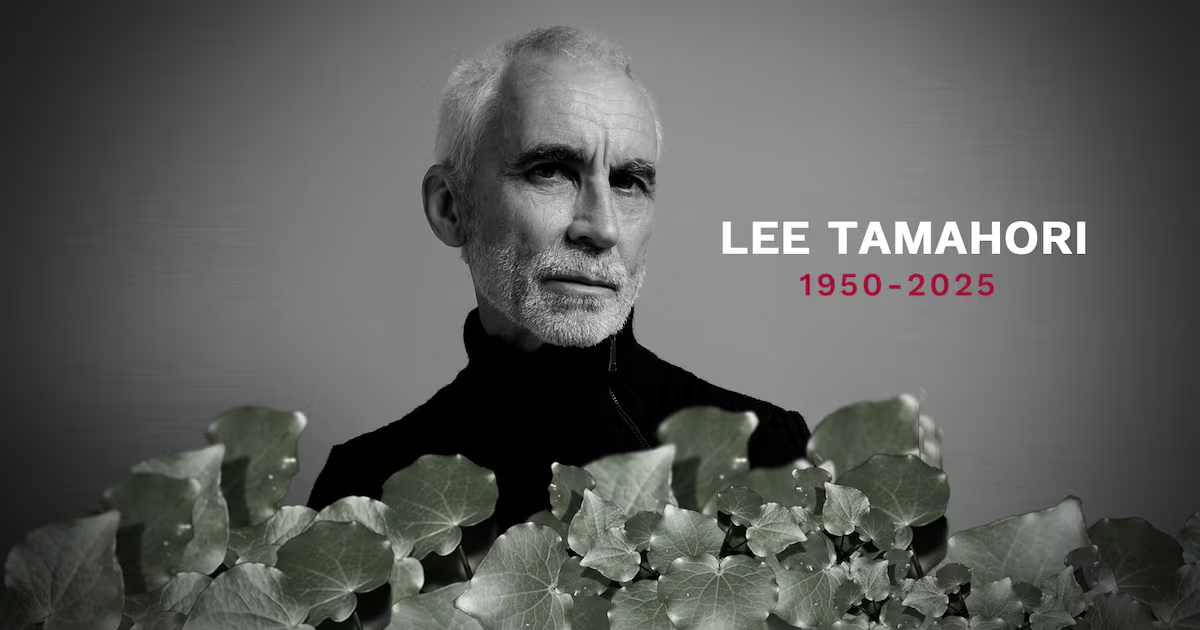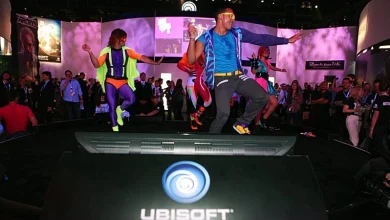Lee Tamahori, trailblazing Māori filmmaker, dies aged 75

Renowned filmmaker Lee Tamahori, whose work helped define Māori storytelling on screen and propelled New Zealand cinema onto the world stage, has died. A descendant of Ngāti Porou, Tamahori had in recent months spoken publicly about living with Parkinson’s disease.
In an interview on Te Ao with Moana earlier this year, he acknowledged the physical effects of the condition, saying “I shake like this, but mentally I still have my marbles in my head.”
Lee Tamahori is one of the biggest names in New Zealand film and made his feature directorial debut with Once Were Warriors.
He would go on to film Hollywood blockbusters including the James Bond franchise, and direct episodes of acclaimed television series such as The Sopranos and Billions, working with actors including Anthony Hopkins, Morgan Freeman and Halle Berry.
Born in Wellington in 1950, Tamahori worked in photography and advertising before moving into film, gaining early experience alongside influential directors including Geoff Murphy.
His breakthrough came in 1994 with Once Were Warriors, an adaptation of Alan Duff’s novel that confronted audiences with a raw portrait of urban Māori life, underpinned by intergenerational trauma and domestic violence.
The iconic title art of the 1994 classic ‘Once Were Warriors’.
The film became the highest-grossing New Zealand movie of its time and launched the international careers of Temuera Morrison, Rena Owen and Cliff Curtis. Its portrayal of violence, colonisation and urban Māori life provoked intense debate and criticism at the time, and it remains regarded as one of Aotearoa’s most significant cinematic works, studied for both its cultural impact and its unapologetic realism.
Reflecting on the film earlier this year, Tamahori told Te Ao with Moana he made Once Were Warriors in part because New Zealand cinema had rarely acknowledged the realities of Māori life in cities.
“We weren’t making films about our urban environment at all… We had to start making hard-edged social realist films in New Zealand. It was a reflection of us as a society,” he said.
Following its success, Tamahori built a major international career, directing The Edge (1997) starring Anthony Hopkins, the thriller Along Came a Spider (2001), and Die Another Day (2002), the 20th film in the James Bond franchise.
Kiwi director Lee Tamahori filming The Devil’s Double in 2010.
But he continued to return to Māori stories. Mahana (2016), based on Witi Ihimaera’s Bulibasha, and The Convert (2023), a colonial-era historical drama filmed on the East Coast, reflected a deep and ongoing commitment to storytelling in Aotearoa.
The Convert most recently received six nominations for the 2025 New Zealand Screen Awards, being held at the end of November.
During his interview with Maniapoto, he described his filmmaking purpose simply.
“Through film, you could see how another culture lived. And that’s what I’ve been doing now, reflecting our culture for other people to see.”
Tangihanga details are expected to be announced in the coming days.
Kei te tohunga o te ao kiriata, moe mai rā i to moengaroa.





